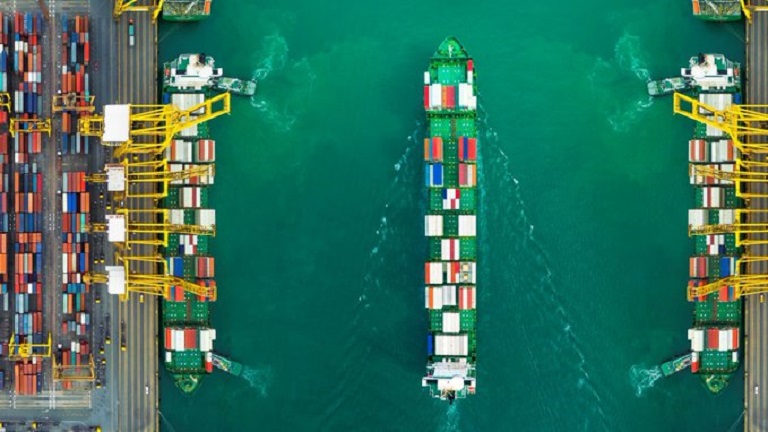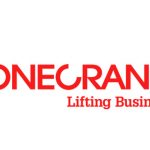Lloyd’s Register (LR) has assigned its first class notation for carbon capture onboard a ship to Eastern Pacific Shipping (EPS)-owned Pacific Cobalt. The 50,000 dwt mid-range chemical carrier retrofit features a prefabricated Onboard Carbon Capture & Storage (OCCS) system supplied by Value Maritime, to significantly reduce exhaust emissions.
The Emission Abatement Carbon Capture & Storage (EACCS) (Amine, HFO) class notation assigned by LR provides assurance that any safety risks associated with the OCCS installation have been mitigated and the solution is effective and reliable. Rule requirements for the design, construction and installation survey of OCCS are included in the LR class notation EACSS.
Requirements associated with the new class notation address the safety risks that may present to the vessel, covering aspects such as materials, structure, containment, piping, refrigeration plant, electrical, control, safety systems, vessel integration and manufacturing. Requirements associated with the READY descriptive note cover the preparation of a vessel for the future installation and integration of an EACCS, such as structures, layout, interfacing, materials, electrical and safety systems.
The Filtree OCCS system developed by Value Maritime can remove and capture up to 40% of CO2 from exhaust gases, which is then stored onboard in volumes up to the capacity of the storage tanks onboard. CCS is an established technology onshore with OCCS for ships gaining traction only recently as a viable short- to mid-term pathway to achieving IMO emission reduction targets.
The Filtree System combines a SOx exhaust cleaning system with CO2 capture. The system flushes 99.9% of the sulphur oxide and 99% of particulate matter from the exhaust gas using seawater. From there the remaining gas, mainly CO2, enters the OCCS system where, as it rises, it comes into contact with the chemical compound, amine.
The low temperature of the exhaust gas enables part of the CO2 to bind to the amine particles. Although still a gas, the compound behaves like a liquid and is pumped into a storage tank. The CO2 is not liquefied or stored under pressure, reducing penalties associated with the energy required for capture and storage costs. The CO2-saturated amine is pumped out of the vessel during port call and replaced with clean amine.
LR awarded Approval in Principle (AiP) to Value Maritime’s Filtree System in September 2022. The 2020-built Pacific Cobalt is one of three EPS MR tankers that have been refitted with the CCS system, with equipment surveys currently underway on the other two vessels.
Source: Port News






